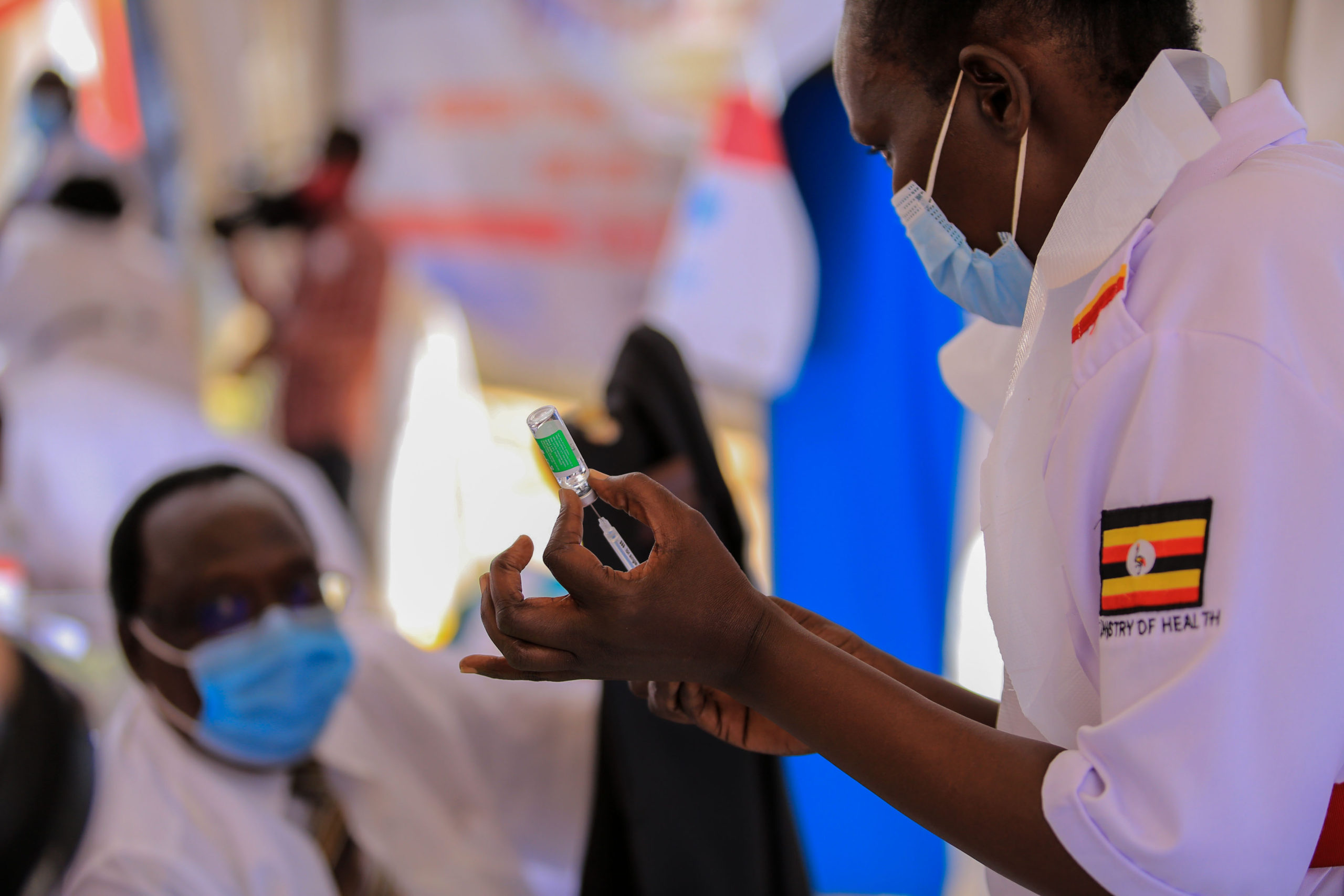
By Robert Madoi
Its complexity and nuance notwithstanding, corruption is severally defined as the abuse of entrusted power for private gain. The damage wrought by the vice is such that it takes on a grimness that bleeds into hope.
Despite the constancy of their message on its consequences, state actors cannot see, or perhaps refuse to see, that their bad governance and poor leadership contributes to the vice. Enormously. The manner in which corruption diverts resources from the poor to the rich—often Uganda’s political elite—means it should always be an outrage that deserves to be condemned. By creating inequity, exclusion and inequality, the vice keeps a stark and undeniable injustice in the public eye.
As the ombudsman’s latest report on the same indicates, aspirations continue to suffer setbacks principally because the central government is at the vanguard of perpetuating the problem. Extensive reportage of the ombudsman’s latest report, which spans from July 2023 to December 2023 and January 2024 to June 2024, in and of itself shows just how the very existence of corruption feels nearly immutable.
Yet Ugandans greeted with an indifferent shrug of the shoulders the, at any rate, disturbing news that a staggering Shs9.144 trillion slipped through the cracks in the public purse. The mild consternation was conclusive proof, if any were required, that corruption in the country has been normalised. The vice, however, deserves much more than a resigned shrug.
Lest we forget, the leakages we are talking about—per Ombudsman Beti Kamya—are the loss of environmental resources (Shs2.28 trillion), loss of education hours to students (Shs1.46 trillion) and corruption in contract royalties (Shs859.20 billion). Other losses that equally crumble into an eyesore include the cost of bribing judges (Shs762.90 billion) and the cost of corruption in procurement (Shs614.41 billion). These sorry episodes, documented to have left the taxpayer out of pocket, are anything but small beer.
Less known, but no less remarkable, is the fact that local governments have been sinking steadily deeper into turmoil thanks in no small part to corruption. The ombudsman lists a series of eyebrow-raising cases that are both shocking and illuminating. The Inspectorate of Government’s body of work indicates that between January 2024 and June 2024 as many as 85 cases of abuse of office were tallied at local government level. Cases involving embezzlement of funds totalled 58. Misappropriation of funds (35 cases), causing financial loss (12 cases) and false accounting (10 cases) also all managed to hit double digits.
The common thread that runs through the aforesaid corruption cases at local government level is the aura of total opacity that has been cultivated around procurement processes. The alarming disregard for due diligence and process is suggestive that local governments remain in need of far-reaching reform. Pain points such as insufficient documentation can only keep being ignored at the peril of the taxpayer.
Sadly, inaction has translated into local governments mirroring the crippling weaknesses at the centre. Corruption at the decentralised units now manifests in fraud, bribery, extortion, embezzlement, cronyism and nepotism. This despite, or in fact because, procurement processes often blip on the radar. The need, therefore, to make these processes more transparent cannot be stressed enough.
In the same vein, one is compelled to wonder what became of the much-vaunted Electronic Government Procurement (e-GP) system. It was supposed to make mischief around public procurement processes less pervasive and deleterious by keeping the restlessly ambitious at both the centre and decentralised units in check. The Public Procurement and Disposal of Public Assets Authority (PPDA) has previously reported that entities are slow on the uptake. Ostensibly because of technological constraints.
It is clear that one of the surefooted ways to deal with corruption at the local government level, indeed as the centre, is by peeling away the shroud of secrecy around procurement. Its attendant processes remain something of a nightmare, if farcical, experience that cannot easily be brushed off. What is also clear is that Uganda badly needs a reset button. Being assailed by corruption at the centre and decentralised units promises to be an embarrassing spectacle and more.
The author is a journalist and academic.







